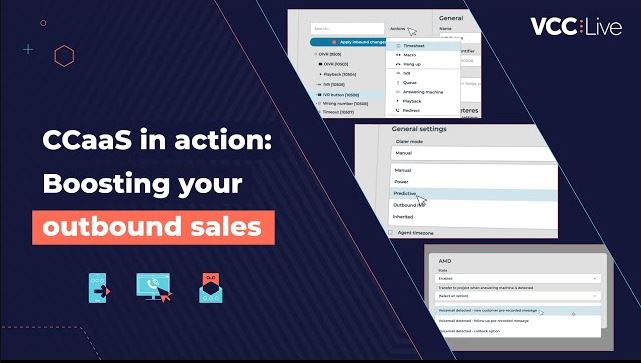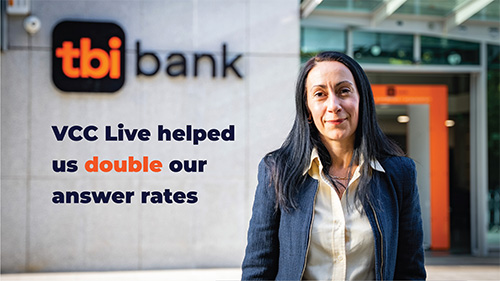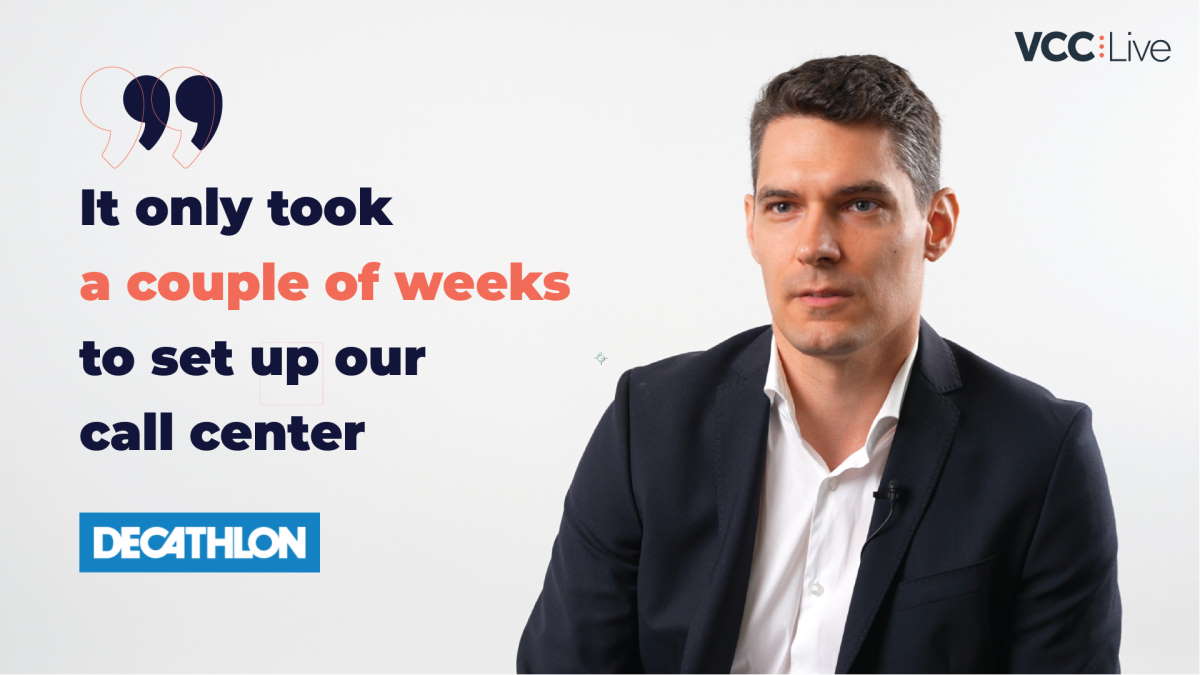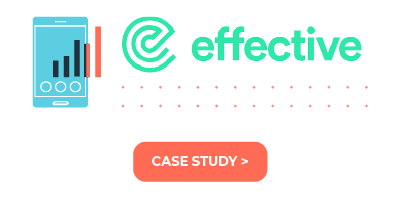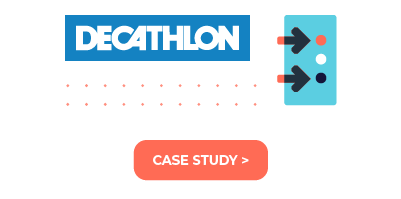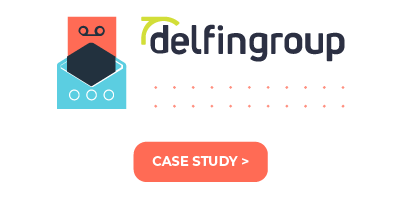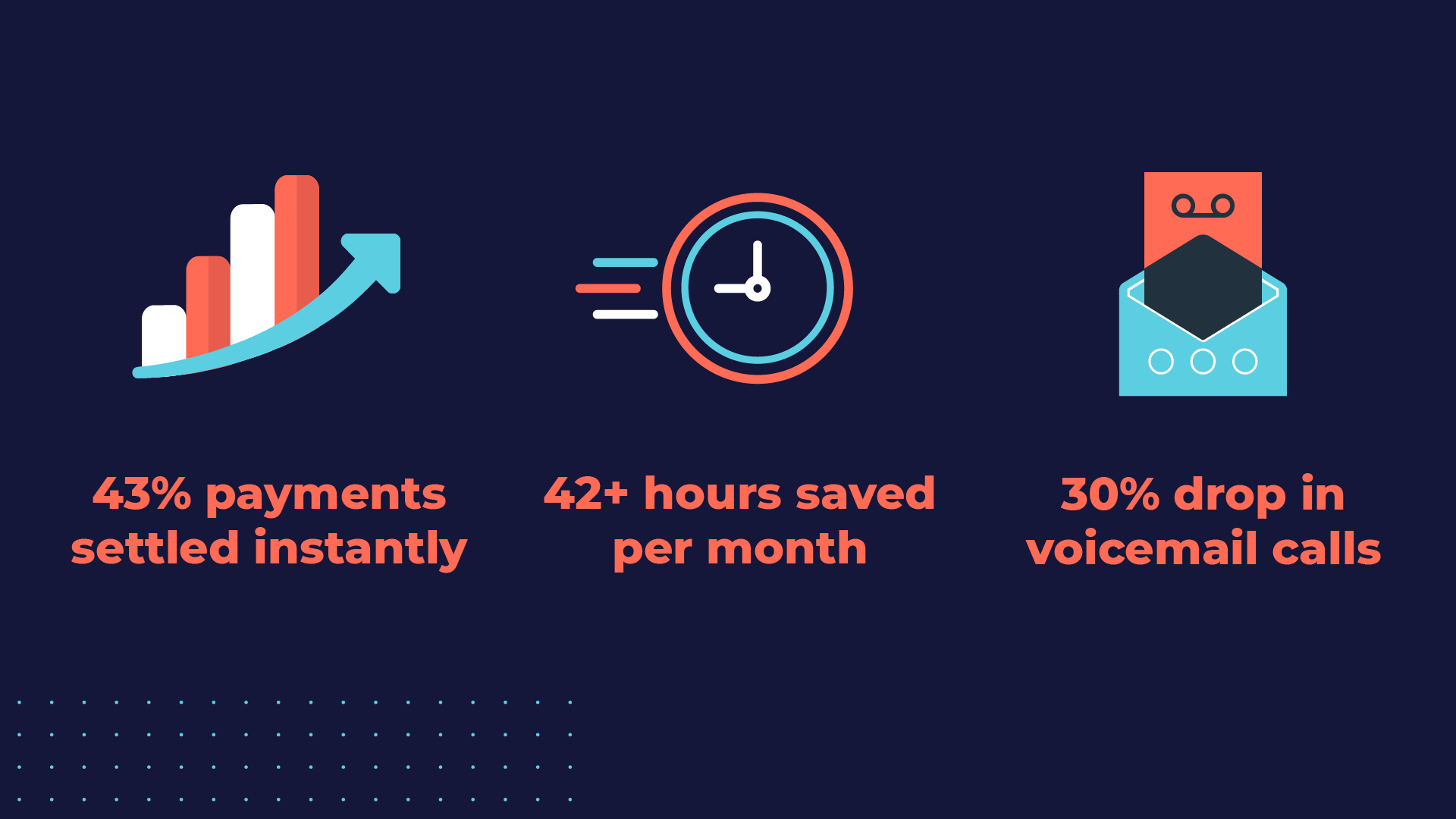A new policy recently put forward by the US’s Consumer Financial Protection Bureau proposes allowing debt collectors in the US to only be able to call debtors up to seven times a week. The new policy also states that once debt collectors reach a debtor by phone, they would have to leave them alone for at least a week. Additionally, the CFPB is proposing no cap on the number of texts or emails a collector could send, opening the door for digital messaging channels such as WhatsApp and Facebook to become viable communication options for debt collectors. I talked to Richard Blewis, Digital Debt Collections Manager at VCC Live, about this new regulation, as well as global trends currently dominating the debt collection industry.
According to the new rules being proposed by the CFPB, debt collectors would be able to call a delinquent borrower with an outstanding debt a maximum of seven times a week. How do you think the new rules will affect debt collection companies in the US?
Richard: I believe that the additional effect on limiting the amount of calls to 7 attempts weekly is minimal for companies. In general, as has been proven, if debt collectors initiate too many calls, debtors simply don’t answer them anymore. As a result, professional debt collection companies already reduced the amount of collection calls they initiate, as they are aware of the diminishing results if they try to bombard debtors with calls.
The new rules also suggest that once debt collectors reach a debtor by phone, they’ll have to leave them alone for at least a week. Do you think that being able to talk to a debtor only once a week will negatively affect the performance of debt collection companies?
Richard: Yes. Companies who use aggressive collecting strategies and collect outstanding debts using methods that could be considered harassment, will definitely be negatively affected by only being able to have one conversation with non-payers per week. More professional debt collection agencies, however, won’t be affected that much, as they already realized that initiating as many as possible calls will not necessarily help collect more debts. Instead, they are aware that moving into the digital era by exploring new channels and reducing operating costs by making offers in self-service is the way forward.
Until now, phone was the most preferred way for companies to contact debtors. But we can now clearly see a shift from phone to other digital channels when it comes to collecting debts. Why do you think companies have started to focus on channels besides phone?
Richard: It is true that phone calls are still an important and efficient element of debt collection, but at the same time customers in general are moving to digital channels, one reason being that they increasingly prefer self-service when it comes to interacting with a company. In addition, customers also expect to be able to do their business out of business hours. In order to keep up with these changing customer demands, professional companies have already started to explore channels other than phone, and leverage methods such as data segmentation to guide self-service debt collection.
The new regulation proposes having no cap on the number of texts or emails a collector can send, and messages can also be sent on digital messaging channels, such as WhatsApp and Facebook Messenger. How do you think debtors will react to receiving messages via their personal chat programs? Do you think the number of messages should also be restricted?
Richard: Debtors who might find it inappropriate or annoying to receive debt collection messages via their personal chat programs have the option to opt out on SMS and block those messages on Facebook. For others, however, receiving text reminders rather than endless phone calls might be a preferred way of being contacted. As there is always the option for debtors to opt out, I believe there is no need to regulate the number of messages debt collectors can send.
What do you suggest debt collection companies who currently focus their collection processes on phone calls should do? Is it time for them to explore other channels?
Richard: Phone calls should definitely remain a significant channel for debt collection agencies. At the same time, however, while constantly trying to improve the channels they already use, companies also need to explore other channels, and in particular how they interact with each other. For example, SMS text messages for debt collection should ideally contain a link to a chat channel, in case debtors have any questions, as well as a link to a digital document, such as an invoice or PTP (promise-to-pay) agreement. It is vital that companies need to align the channels they use in order to make the debt collection process for debtors as smooth as possible.
Are you seeing this shift from phone to other channels in Europe as well? Do you think the same rules should be applied in Europe too?
Richard: I believe the new rules are not that important enough to be applied in Europe, as there is a similar business trend happening in Europe as in the US. Here, as there, more and more debt collection companies are realizing that the future is in exploring and aligning several channels in order to reach debtors on their preferred channel. As a result, professional debt collection agencies are focusing their operations on several channels rather than blasting out as many calls as possible.
